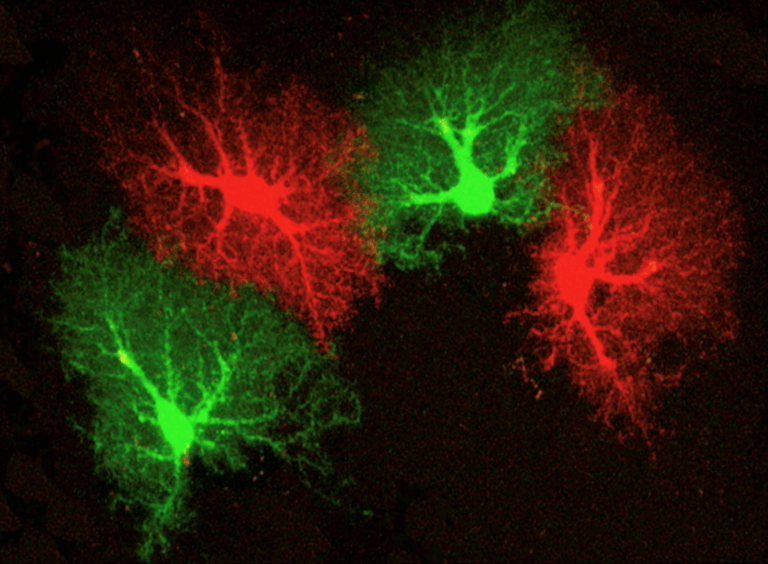GOTHENBURG, Sweden — If you think someone is having a stroke, getting that person to a hospital quickly can often make the difference between a partial or full recovery. Now, researchers have discovered an experimental stroke treatment that works even if you don’t get medical attention right away.
The study, led by researchers from the University of Gothenburg, involved administering a molecule called complement peptide C3a to mice through nasal drops. The mice that received the C3a peptide showed faster and more effective motor function recovery after a stroke compared to those who received a placebo. These findings not only confirm previous research but also strengthen the credibility of the current study.
The most remarkable aspect of this treatment is that it was initiated seven days after the stroke occurred. This means that even stroke patients who cannot access immediate medical care or do not respond to traditional treatments like clot-dissolving drugs or mechanical clot removal could benefit in the future.
“With this method, there’s no need to race against the clock. If the treatment is used in clinical practice, all stroke patients could receive it, even those who arrive at the hospital too late for other interventions. Even those who experience disability after clot removal could see improvements with this treatment,” explains Professor Marcela Pekna from Gothenburg’s Sahlgrenska Academy in a university release.
The study not only demonstrates significant positive effects but also sheds light on the cellular and molecular processes in the brain. Magnetic resonance imaging (MRI) revealed that the C3a peptide treatment increased the formation of new connections among nerve cells in the mouse brains.
“Our results show that the C3a peptide affects the function of astrocytes, which are cells that control many of the nerve cells’ functions in both healthy and diseased brains. It influences the signals astrocytes send to nerve cells,” explains Professor Milos Pekny, who also participated in the study.

Ischemic stroke, the most common type of stroke, continues to be a leading cause of long-term disability, affecting speech and mobility. The researchers emphasize that stroke treatment goes beyond immediate interventions in the early hours after symptoms appear.
“There is great potential for substantial improvement even at a later stage. Since the molecule was administered in nasal drops, the treatment could be given at home by relatives or the patients themselves,” says Prof. Pekny.
Timing is crucial in the C3a peptide treatment, as administering the molecule too early could increase inflammation in the brain. However, the study demonstrates that the positive effects persist long after the treatment is discontinued.
“The good effect remains, and that is important. It means that this is real. We also have a better understanding of how the C3a peptide works. Our goal is to develop this method for clinical use, but we need to partner with the pharmaceutical industry to conduct the necessary clinical trials,” concludes Prof. Pekna.
This groundbreaking research brings hope to stroke victims by offering the potential for effective treatment at any stage of the condition. With further development and collaboration, this method could revolutionize stroke care and improve the lives of millions of individuals worldwide.
The study is published in the Journal of Clinical Investigation.
What are the primary symptoms of a stroke?
The acronym “FAST” is a simple tool developed by medical professionals to help people recognize the signs and symptoms of a stroke quickly. It stands for:
- Face: Ask the person to smile. Does one side of the face droop?
- Arms: Ask the person to raise both arms. Does one arm drift downward?
- Speech: Ask the person to repeat a simple phrase. Is their speech slurred or strange?
- Time: If you observe any of these signs, call 9-1-1 immediately. Time is critical when a stroke is occurring.
This acronym emphasizes the urgency of recognizing and responding to stroke symptoms. A quick response can significantly improve outcomes, reducing the risk of long-term disability or death. Treatment is most effective when started promptly, so remembering the “FAST” acronym could potentially save a life.
Other symptoms include:
- Confusion
- Trouble speaking or understanding speech
- Trouble seeing in one or both eyes
- Difficulty walking
- Dizziness
- Loss of balance
- Lack of coordination


Are the clinic trials in united states yet